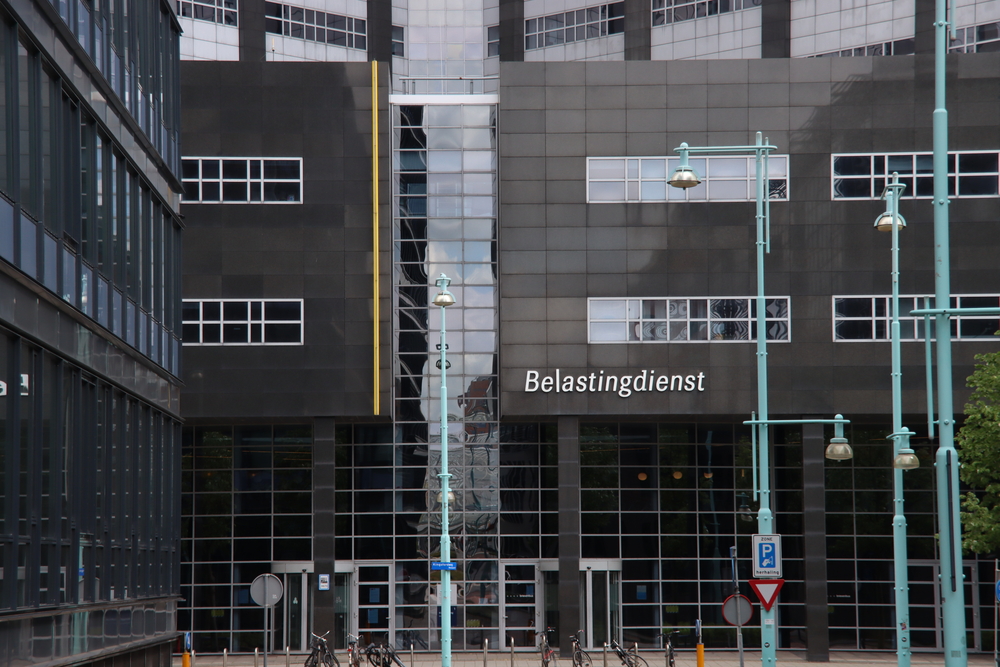Oh boy — the Tax and Customs Administration is in hot water (again) after they revealed that they’ve been discriminately checking low-income people for evidence of fraud when applying for childcare allowances.
According to RTL Nieuws, those with lower incomes were more likely to be singled out than those with higher incomes by the “Risk Classification Model (RCM) of Benefits.”
Last July, the RCM was stopped due to a report by the consultancy firm KPMG.
Low income = higher risk (apparently)
In March of this year, the Tax and Customs Administration conducted an internal investigation which found that their model may have been “illegitimate” and “discriminatory.”
Further, the tax authorities admitted to RTL that people with lower incomes were more likely to receive a “high risk” score and be subject to further checks than people with middle or high incomes. 😶
Out of the 1000 highest risk scores, 82.3% had a household income of less than €20,000.
If that isn’t shocking enough for you, 90% of single parents were selected for extra scrutiny — what??
The childcare allowance scandal
Between 2013 and 2019, the tax authorities accused more than 20,000 parents of fraud surrounding childcare benefits. As a result, the parents were expected to pay back thousands of euros to the tax office.
However, the fraud allegations were not legitimate and the parents were actually entitled to their allowances. People with dual-nationality were also unfairly targeted by the tax office.
This scandal led to the dissolution of the Dutch cabinet (however they’re still pretty much around and haven’t negotiated on a new cabinet yet 🙄).
What do you think about the tax office targeting low-income individuals for fraud checks? Tell us in the comments below!
Image: cakifoto/Depositphotos




Fraud is fraud. Theft is theft. Stealing €50.00 is every bit as much a crime as stealing €5,000.00. It is only fascists/socialists who earnestly believe otherwise.
It makes sense to target low income people rather than those who are more wealthy simply because low income people have more of an incentive to steal a small amount of money. It doesn’t require nearly as much investigation to uncover and prove someone stole €15 compared to making the case against somebody who stole €15,000.
Furthermore it should be said that the vast majority of upper income people who are accused of tax fraud are not by any means legitimately guilty. They will claim every exemption, write off and incentive they can (which any individual will do who wants to keep their own money for them self) and it is only when they are brought into court that they are told we don’t agree with you on these claims.